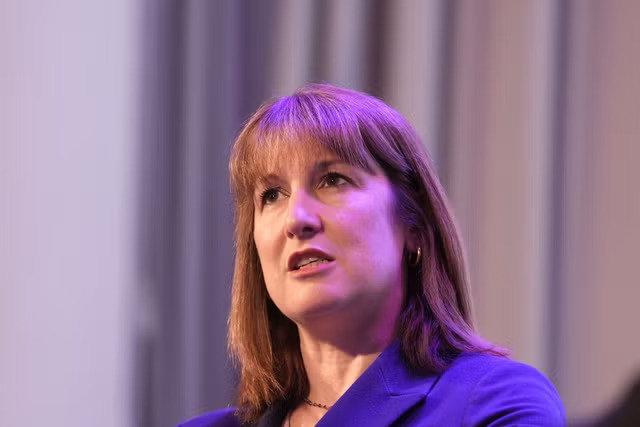Prime Minister Keir Starmer has downplayed warnings that his government could be forced to raise taxes in the upcoming autumn budget, rejecting figures circulated by economic analysts as unreliable.
During a visit to Milton Keynes, the prime minister responded to a forecast from the National Institute of Economic and Social Research (NIESR), which projected a potential £51 billion gap in the public finances. The think tank cited factors such as increased debt interest payments, reversals on proposed welfare cuts, and pressures on departmental budgets as key reasons Chancellor Rachel Reeves could struggle to stick to her fiscal rules.
The NIESR urged the government to implement “moderate but sustained” tax rises to close a £41.2 billion deficit and rebuild a £9.9 billion buffer that has typically been maintained since the last budget. Without such measures, the economists warned, the chancellor may be forced into unpopular cost-cutting in her autumn statement. But Starmer pushed back against the projections.
“Some of the figures that are being put out are not figures that I recognise. The budget won’t be until later in the year – that’s when we’ll have the forecast and set out our plans.”
Prime Minister Keir Starmer
The prime minister assured the public that his administration’s focus remains squarely on improving living standards. “That means more money coming into people’s pockets in the first place through better wages, and bearing down on costs like mortgages and other pressures on families,” he stated. He emphasized that the government would continue building on its first-year economic strategy.
“In the autumn, we’ll get the full forecast and obviously set out our budget. The focus will be living standards, so that we will build on what we’ve done in the first year of this government. We’ve stabilised the economy. That means interest rates have been cut now four times.”
Prime Minister Keir Starmer
Economists Urge Caution Over Deficit
Starmer pointed to improvements already felt by households, citing the Bank of England’s recent decisions to cut interest rates and wage increases in both the public and private sectors. “For anybody watching this on a mortgage, that makes a huge difference on a monthly basis to how much they pay,” he explained.
“We’ve raised wages as well, both in the private sector plus the minimum wage, which means people have got a bit more money coming into their pocket.”
Prime Minister Keir Starmer
Nonetheless, NIESR’s deputy director for macroeconomics, Professor Stephen Millard, warned that the situation remains precarious. “Things are not looking good for the chancellor, who will need to either raise taxes or reduce spending or both in the October budget if she is to meet her fiscal rules,” he said.
The Labour government continues to face pressure to clarify how it will balance the books without violating campaign pledges—especially its vow not to increase the rates of income tax, VAT, or national insurance.
The report from NIESR has sparked speculation over whether Chancellor Reeves might consider a wealth tax or extend the freeze on income tax bands. Other possible measures include lowering the current Individual Savings Account (ISA) limit. While none of these proposals have been confirmed, the financial gap has left analysts and political commentators questioning the available options.

Culture Secretary Lisa Nandy dismissed the notion of a wealth tax on Tuesday, saying such a measure would be counterproductive.
“The chancellor has very much poured cold water on that idea, partly because many countries have tried this sort of approach, but mostly because we were elected as a government in a time when taxes on working people were at their highest rate for generations.”
Lisa Nandy
With the autumn budget still months away, the government faces mounting scrutiny over its fiscal approach. Whether Labour can maintain its economic promises without implementing unpopular tax changes remains to be seen.
READ ALSO: US To Require Up To $15,000 Bond For Some Business And Tourist Visa Applicants



















